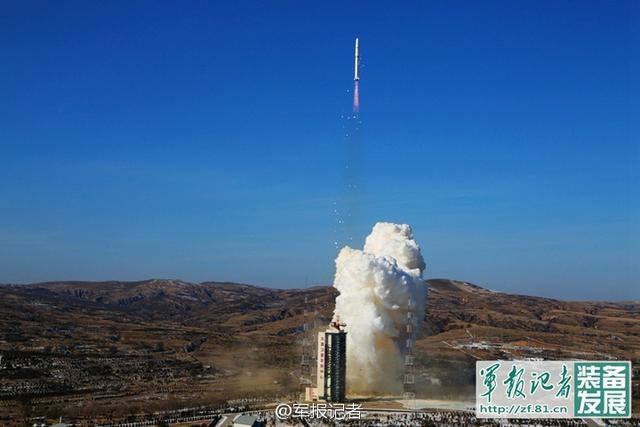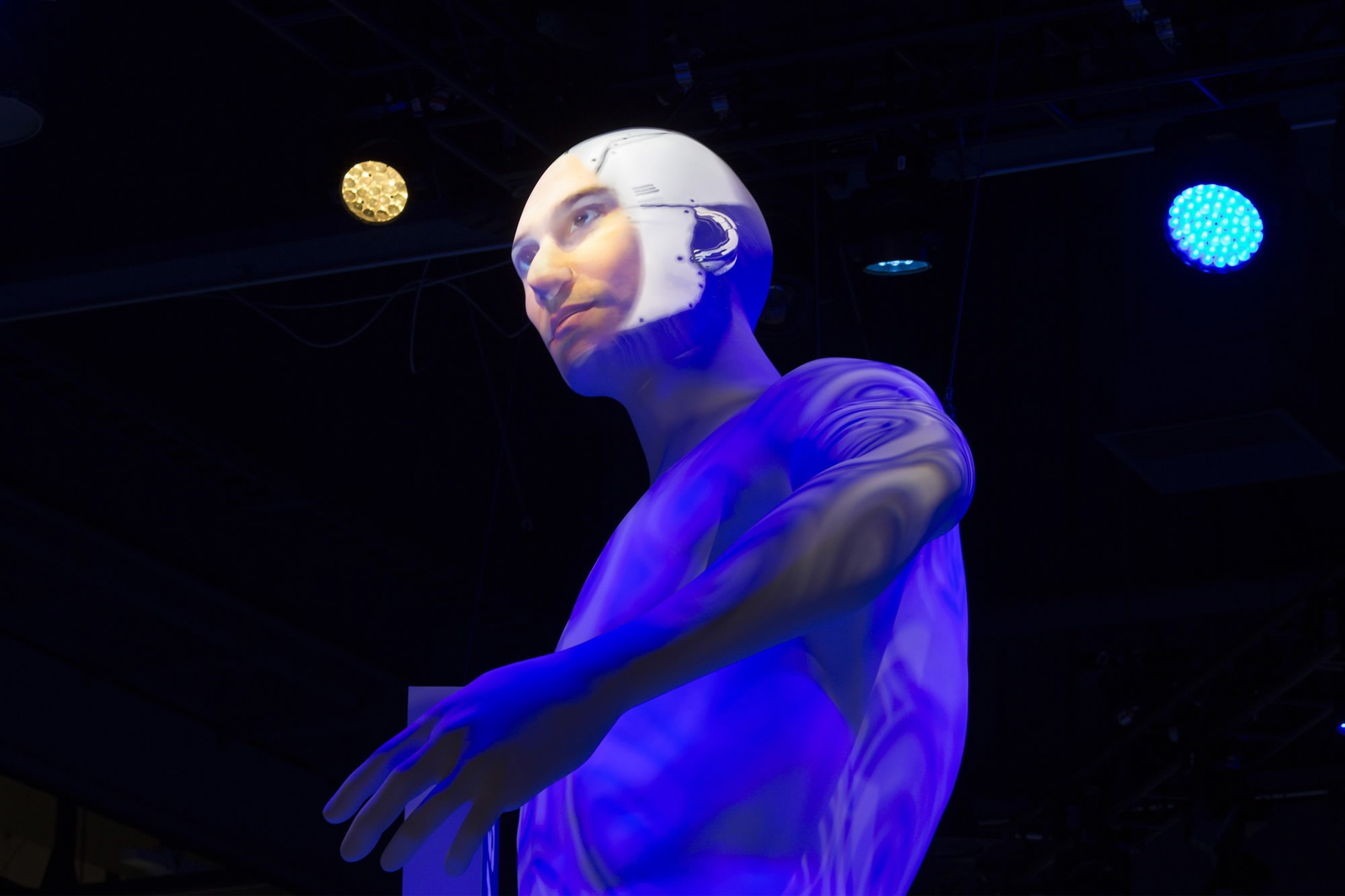
Tech & Sci
20:00, 01-Jan-2017
Weekly news digest for tech fans: One more second for you
Updated
10:30, 28-Jun-2018

China's space plan gets more ambitious
A team of more than 40 students from Bayi School in Beijing — where President Xi Jinping spent part of his childhood — has designed a satellite.

The Long March-2D rocket lifting off carrying the satellite. /81.com Photo
The Long March-2D rocket lifting off carrying the satellite. /81.com Photo
The satellite, named BY70-1, features four payloads for imaging the globe, radio communication, data transfer and fast orbit-leaving. It was launched into Earth's orbit on Wednesday.

Chinese President Xi Jinping talked with the student team on Sep. 10. /XInhua Photo
Chinese President Xi Jinping talked with the student team on Sep. 10. /XInhua Photo
This came a day after China illustrated its new space plan in a "white paper" which mentioned the country's first Mars probe setting off by 2020.
You got one more second in your life

If you were looking at a precise UTC clock at your new-year countdown party, the displayed time "23:59:60" may get you confused for a second.
The clock was not broken, it just acquired some mercy to give us one more second of time.
This happened because UTC is not precise enough, if you compare it with the rotation of the Earth. The UTC time is calculated by atomic clocks, and it goes one second faster than Earth's rotation roughly every one and a half year. If we don't add extra seconds to clocks every now and then for thousands of years, we would eventually see sunrise around noon.

Opera Browser sneers at Microsoft on tab-pinning
Microsoft built a new browser, the Edge, for Windows 10 users, which is more of a "modern" one compared to its predecessor, the infamous Internet Explorer. And the company is adding more useful features to this new challenger in the browser arena. Like tab-pinning, for example. The browser's official Twitter account claimed on Thursday it's the only one that "lets you pin & preview tabs."

Screenshot of Edge's tweet. /Twitter
Screenshot of Edge's tweet. /Twitter
This claim drew the attention of developers from a veteran browser. Opera replied to the tweet saying: "What a coincidence! We are also the only browser to do this."

Screenshot of Opera's reply. /Twitter
Screenshot of Opera's reply. /Twitter
As of today, Edge's tweet is gone, while Opera's still lingers on the Internet.
Future iPhone may be made by robots in India
Automation and relocation are the two tendencies emerged in the smartphone-making industry. iPhone assembler Foxconn has revealed a plan on Friday to achieve 30 percent automation rate in its Chinese factories by 2020. And another iDevice supplier is looking for a factory in India to reduce workforce cost. So within five years we have a chance to see a "hand-made" iPhone by India-based Foxbots.

Workers return to their dorms at a Foxconn factory in south China's Guangdong Province on January 21, 2015. /CFP Photo
Workers return to their dorms at a Foxconn factory in south China's Guangdong Province on January 21, 2015. /CFP Photo
Foxbots don't eat, sleep or ask for a raise. If their works prove good, they'll definitely become a better choice for Foxconn than humans. But this massive workforce transition will result in huge job loss. Who should deal with that then?
CES to turn 50

An attendee of CES 2016 test-drives Intel's RealSense Technology in Jan. 2016. /CFP Photo
An attendee of CES 2016 test-drives Intel's RealSense Technology in Jan. 2016. /CFP Photo
CES, or the International Consumer Electronics Show, is bound to begin next Tuesday, which is the event's 50th anniversary. Preview articles of this milestone show are flying all around the web. We read some of them and summarized their speculations. See if they match your expectation:
- Expect 5G telecommunication
- AI robot will be a star
- Car makers still trying driverless mode
- Wearables not a hit anymore

SITEMAP
Copyright © 2018 CGTN. Beijing ICP prepared NO.16065310-3
Copyright © 2018 CGTN. Beijing ICP prepared NO.16065310-3